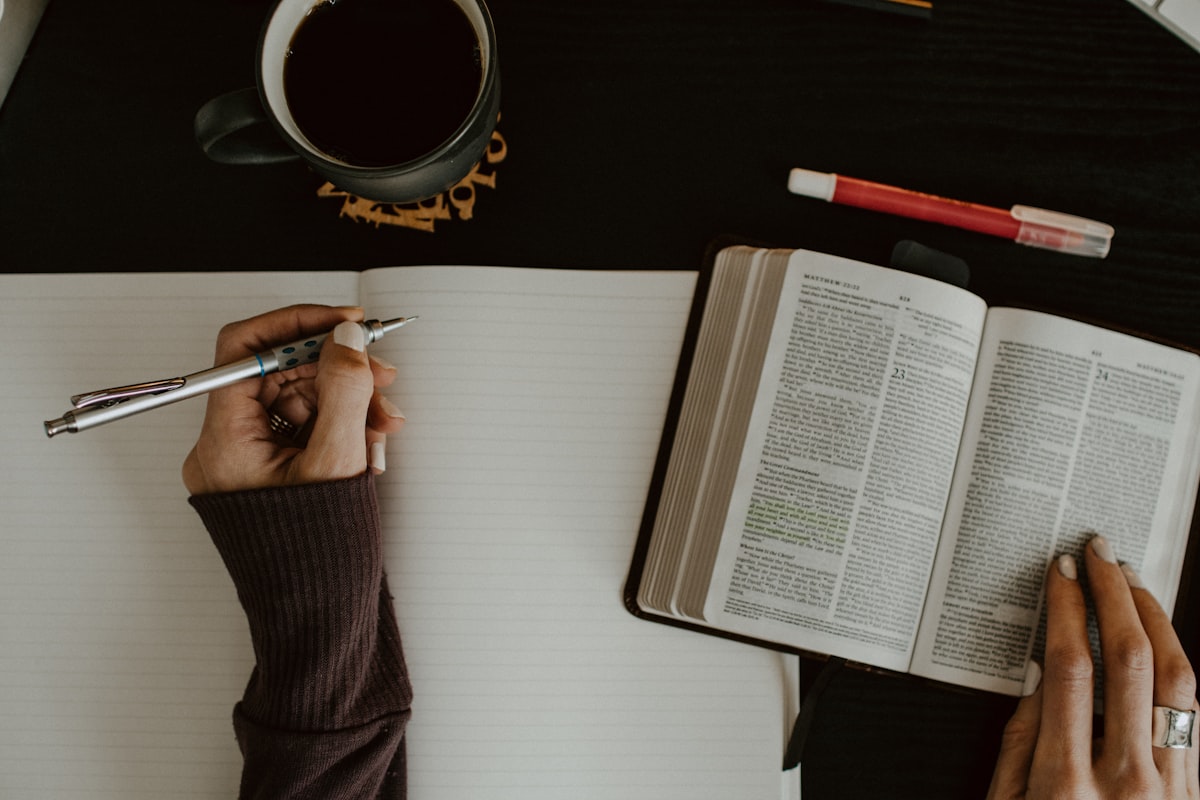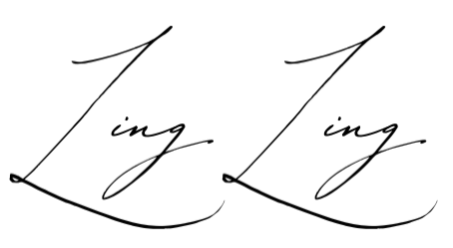Always Read With A Pen

My dream, as a little girl, is to have a room full of books. And so, I started accumulating books, all the books that I had ever read in my lifetime. Till one day, I gazed upon the shelf and asked...
Had I read all this? Why can't I remember what's in them?
I recognised the cover and had a lingering sense of the book. No specifics. I can't remember the character's name, the plot or its crucial lessons. Like a friend you once knew, and only the positive or negative vibes remain. You can't remember how you've met or what you've done together.
This concerned me tremendously. All the books I've read in my lifetime is somehow stored in my neuronal network and unretrievable. It's as if I've lost the memory of what I've read forever. Then...
What is the point of reading so many books if I can't remember them?
I could "re-read" those books. But then, I realised that re-reading only gives a sense of familiarity. It does not mean we have learned or remembered what was read.
Why does reading with a pen work?
Our human memory is limited. We remember better when there are meaningful connections. When there are more connections, we ask more questions, learn more and remember better. According to Ahrens,
Always read with a pen.
As we read, we focus on the interesting and WRITE IT DOWN! The more we read, the more our way of reading evolves. No need to force ourselves to read every word in every line. Nor skim through everything with speed reading, only to return to the passage again and again.
Reading with a pen changes our way of reading because it forces your mind to focus only on the most relevant and helpful information.
While reading, specific questions or topics will naturally emerge. Notes help us to mark differences and look for distinctions. These questions, arguments, distinctions and ideas become visual in our notes. On paper, we can have conversations about the concept and debates with the author. This conversation can deepen our learning by investigating and teasing out the notes' complexities and details.
Writing forces us to think about what we have read. When reading with a pen, we learn to decide what is worth noting and what is not. We use our own words to describe what we've read. When we can express ourselves in writing, we have made an effort to think through the idea.
Also, note-taking is a form of deliberate practice. If you can explain something, it means you understand. In a way, note-taking is like testing ourselves to know whether we have truly learned something or not.
The principle is that you must not fool yourself, and you are the easiest person to fool. Richard Feynman
Once we have the notes, they will stay with us for a long time. No longer do we need to re-read a book. Just look at your notes. Every time we review the notes, it triggers a retrieval from memory and strengthens what we've learnt.
A good reader writes. A good writer reads. Ling Ling
How to read with a pen?
Firstly, I'd highly recommend reading the book How to take Smart Notes by Sonke Ahrens. This book writes in detail about a note-taking system that is also called the Second Brain. If you don't have the time to read this book, here is a brief explanation of reading with a pen.
While reading, have a pen and paper. Or your notepad on the laptop. As you read, make short notes. Anything that comes to your mind as you read. A keyword, a question, a doodle. Make a note of things that tickle your curiosity, or meaningful to share, or are helpful to your life or work.
Don't rely only on highlighting. Make a note next to the highlight by explaining why you think this is important or relevant.
Once you have completed it, go through your notes and re-write in full sentences in a word document or a dedicated notebook. Re-writing your short notes forces you to recall what you've read. If you don't remember, you can always review the book again.
The complete notes need to be written in a way that your future self understands it. Also, it's best to keep all these notes in one location, which makes it easier to search in the future.
There are plenty of note-taking systems for you to explore. Pick one that best suits your needs and stick to it. I use Zettelkasten for ALL my readings, books, journals, online articles, etc.
Notes Into Lessons
Now, the bookshelf is no longer the shelf that I'll continue to build upon. Instead, my bookshelf is my collection of notes. These notes are converted into lessons on philosophy, productivity, psychology, personal excellence, relationships, spirituality and life in general. And so, I'm making these lessons available to you, fellow readers, for your contemplation. Most importantly, for the preservation of my memory and my continuous learning. As Dr Seuss once said,
The more that you read, the more things you will know. The more that you learn, the more places you'll go.
Note: This article was previously published on linglingtai.com, which have now merged into this website.





